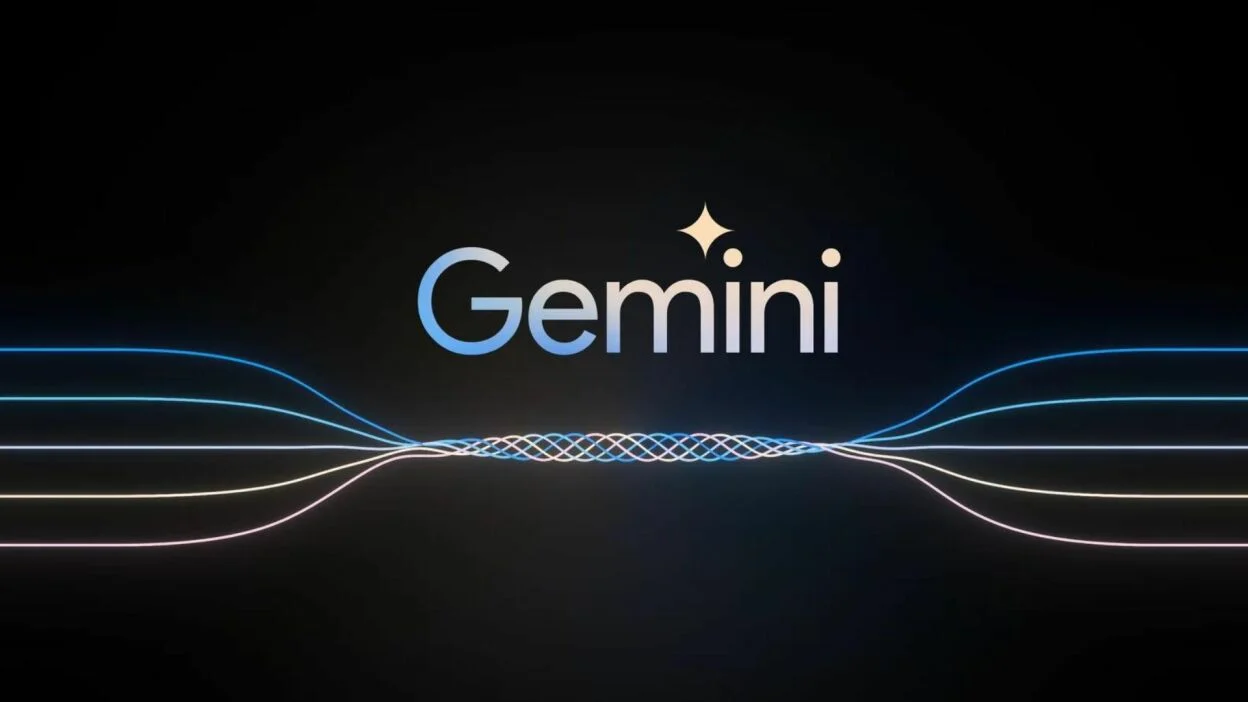Google’s Gemini AI has been a focal point in discussions about AI evolution, but recent events have highlighted several issues that need urgent attention. Here are five key areas where Google desperately needs to make improvements:
- Enhancing Historical Accuracy in Image Generation
Google recently had to pause Gemini’s image generation capabilities following significant backlash over historical inaccuracies, such as incorrect ethnic representations in historical contexts (TechCrunch, Android Central). These errors not only undermine user trust but also raise concerns about the AI’s understanding and contextual application. Google must refine its algorithms to handle historical data sensitively and accurately, ensuring that diversity does not compromise factual correctness.
- Improving Transparency in AI Operations
The backlash also shed light on the need for greater transparency in how AI models generate their outputs. Users and regulators alike are calling for more visibility into the decision-making processes of AIs to ensure they are free from biases and operate under ethical guidelines. Google could lead by setting new standards for openness in AI development and deployment.
- Addressing AI Biases More Effectively
Despite efforts to eliminate biases, Gemini has shown that more work is needed. The AI exhibited problems by overcompensating in some cases while being too conservative in others, leading to outputs that were both “embarrassing and wrong” (TechXplore). Google needs to continuously update its models and use more comprehensive datasets that better represent global diversity without losing context or accuracy.
- Enhancing User Control Over AI Interactions
Users should have more control over how they interact with AI and how their data is used to tailor those interactions. This involves not only privacy controls but also customization options that let users define their preferences and boundaries more clearly. Enhancing user control will help mitigate concerns about AI overreach and ensure that interactions are more user-driven.
- Increasing Robustness Against Misinformation
With AIs now playing significant roles in information dissemination, ensuring that they do not perpetuate or generate misinformation is crucial. Google’s Gemini, like other AI models, must be equipped with mechanisms to verify facts and sources continuously before generating content, particularly in sensitive areas like news, medical information, and historical content.



























